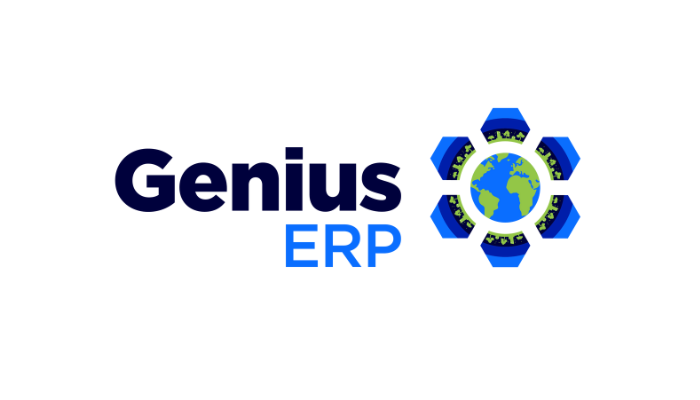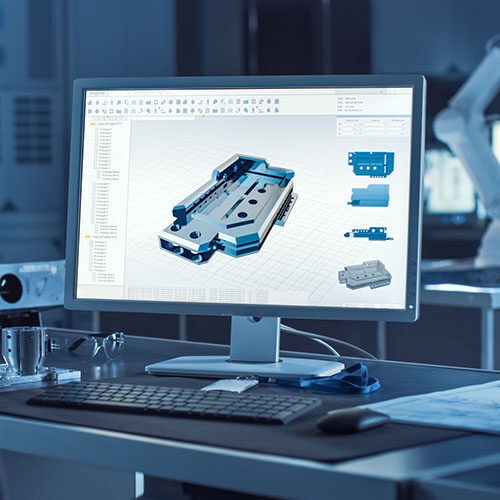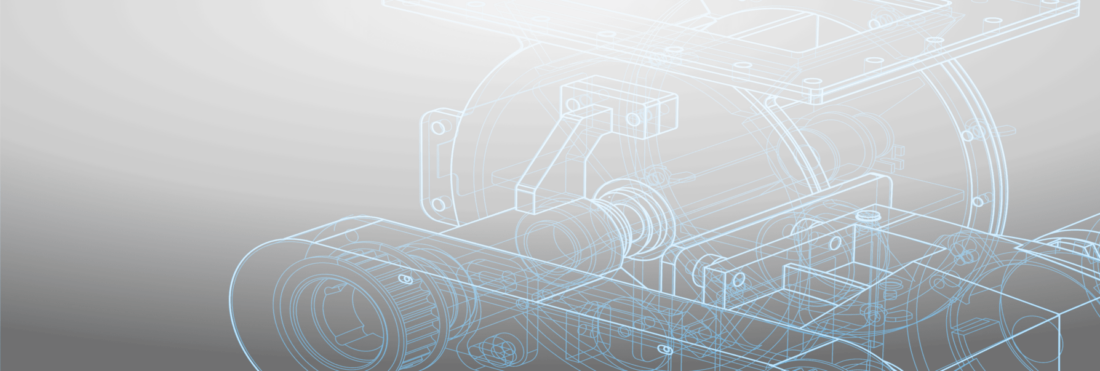
Any business evolution involving operational change triggers hosts of challenges. However, when considering the case of complex enterprise technologies, these changes embody additional concerns.
This is particularly true with it comes to ERP platforms since, over time, legacy systems tend to alter work processes, thus skewing downstream operational results. A recent Software Path report found that almost 42% of companies were replacing an existing ERP with the most popular reason to implement being to increase efficiency in the business.
Whilst, every ERP system will have to be replaced at some point, there are always obvious warning signs that can be readily identified, thereby avoiding trouble before things spiral out of control.
Consequently, we thought that we’d offer a couple of points about why companies retire their legacy system and select a new ERP, while at the same time, offering ways to marginalize necessary effort and money.
1. Retirement of legacy operating costs
ERP is really about trapping and creating information from raw data. But in today’s global, real-time, multi-channel, mobile-adept world, while more business elements may be better, once those factors have been received, manipulated, crunched, consolidated, and delivered to various enterprise constituents; what happens to them then?
Of course, one might immediately suggest ‘storage’, but as the old saying goes; “there’s no such thing as a free lunch.” This certainly applies to the cost of scalability when managing static data warehouses that have a tendency to grow every day, week, month, quarter and year. So, who’s picking up that check, on what ledger, managed by whom; and as an additional ‘gotcha’, are those storage densities also limiting factors when overall systems performance is involved?
The fact is that many legacy ERP systems tend to scale badly at both management cost, and performance levels. It’s not that they were badly designed when originally employed, but instead weren’t intrinsically designed to handle today’s data volumes, or directly compliant with the needs of scaled performance as core values. The results, in turn, require more management to keep the old warhorses fed, or more directly put, more money that might be better directed toward a replacement ERP.
2. Lack of native mobility
Mobility is today’s commercial Holy Grail, so if your ERP doesn’t offer an efficient way to integrate with mobile devices, or transaction-based components like NFC or plug-in terminals, you’re losing money on the bottom line.
Unfortunately, just because you can connect, it doesn’t necessarily mean that you’re doing it well; and hanging a cluster of third-party utilities on your ERP system, just to prove that mobile compatibility is available to your customer base, will cost you money sooner rather than later. The only way to futureproof your ERP strategy is to replace your current variant with a system that offers native mobile functionality.
3. Enterprise decision to move from on-premise to cloud operations
Another ERP replacement driver regards to cost and operational performance comparisons between on-premise systems, versus a decision to migrate one’s ERP operations to the cloud. These value points are fairly obvious since each element is largely self-evident:
- Significant reductions in internal enterprise costs.
- An ability to apply more sophisticated processes at a lower cost.
- Further cost mitigations in terms of reductions in internal customer support mechanisms.
- Cheaper global scalability.
- Mobility by design, not an exception.
- More robust security systems.
- An intrinsic ability to leverage automated processes on demand.
Get your eBook Scared to implement a new ERP?
"*" indicates required fields



